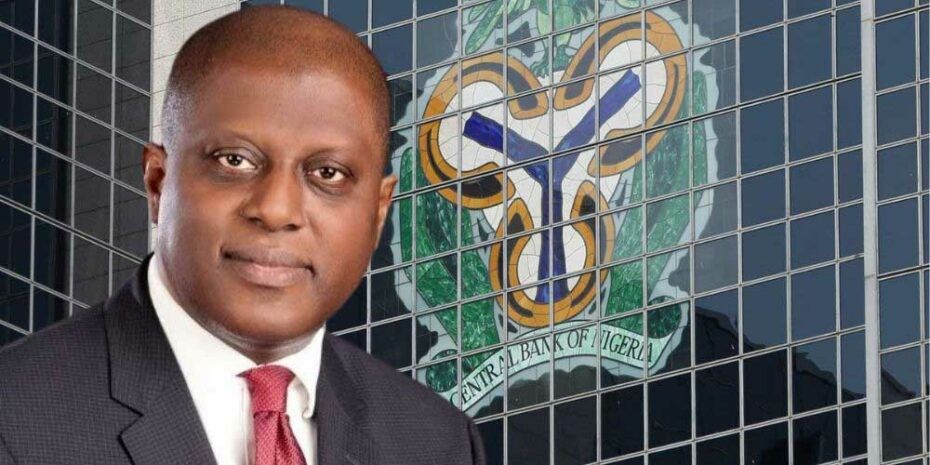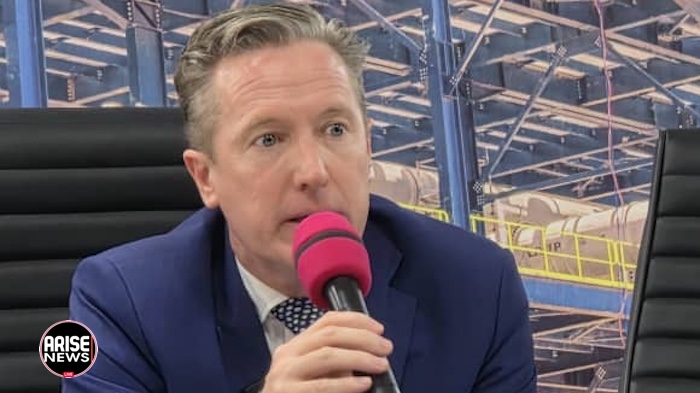
Nigeria’s foreign exchange (FX) reserves have surged to a five-year high of $43.4 billion, according to Mohammed Abdullahi, the Deputy Governor of the Central Bank of Nigeria (CBN) in charge of Economic Policy.
Abdullahi disclosed this while speaking at the Nigeria Investors Forum in Washington, D.C., United States, held on the sidelines of the IMF–World Bank Annual Meetings, where discussions focused on Nigeria’s economic outlook and reform trajectory.
He said the growth in reserves, which reached the milestone on October 10, comes despite the CBN’s clearance of outstanding FX backlogs, a move that has improved liquidity across the foreign exchange market.
“Our gross reserves are at a five-year high of $43.4 billion as of October 10, enough to cover 11 months of imports” Abdullahi stated. “This growth comes after clearing FX backlogs and improving liquidity across the market.”
According to him, the naira has maintained relative stability,with the exchange rate gap between the official and parallel markets narrowing to less than three percent, compared to over 50 percent in 2022.
He added that inflation has dropped to 18.02 percent, its lowest level in three years, while capital inflows and diaspora remittances have strengthened Nigeria’s balance of payments.
Abdullahi reaffirmed the apex bank’s commitment to orthodox monetary policies, transparency in FX operations, and alignment with fiscal reforms aimed at ensuring macroeconomic stability.
Also speaking at the forum, CBN Governor Olayemi Cardoso described the rise in external reserves as a sign of renewed investor confidence and a reflection of the positive impact of ongoing economic reforms.
“The increase in our foreign reserves highlights the results of fiscal and monetary coordination, improved FX flows, and renewed trust in Nigeria’s policy direction,” Cardoso said. “Nigeria’s focus remains clear, strengthening fundamentals, advancing reforms, and unlocking opportunities for sustainable growth.”
He added that the CBN and the Ministry of Finance have worked “hand in hand” to stabilise macroeconomic indicators, rebuild buffers, and restore transparency in monetary management.
Cardoso expressed optimism that disciplined policy implementation would continue to yield tangible results, noting that “there’s a strong correlation between sound economic management, growth, and disinflation.”



